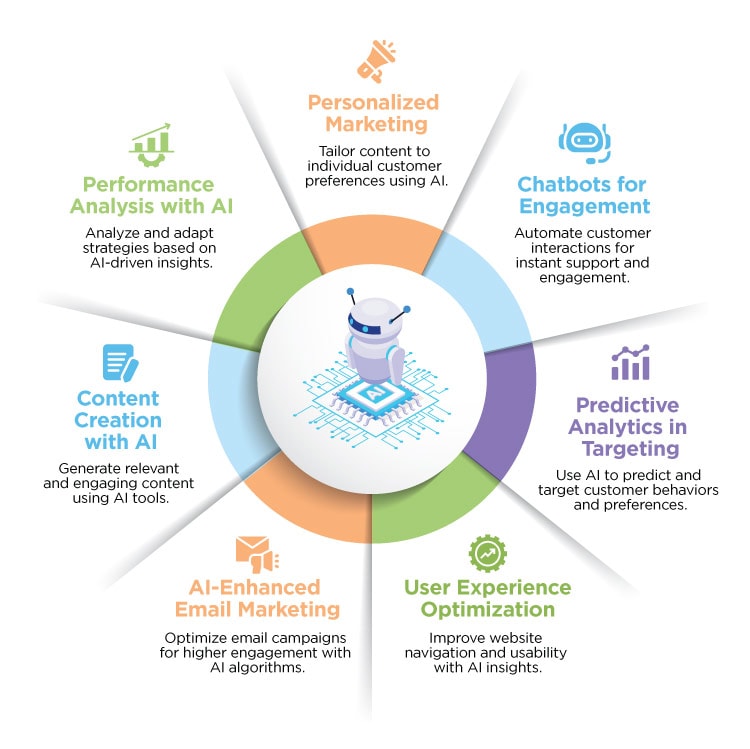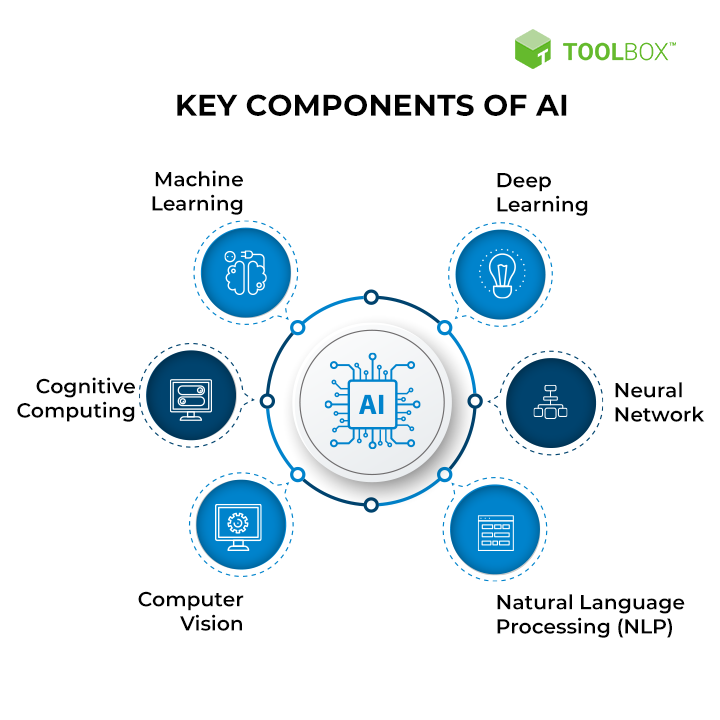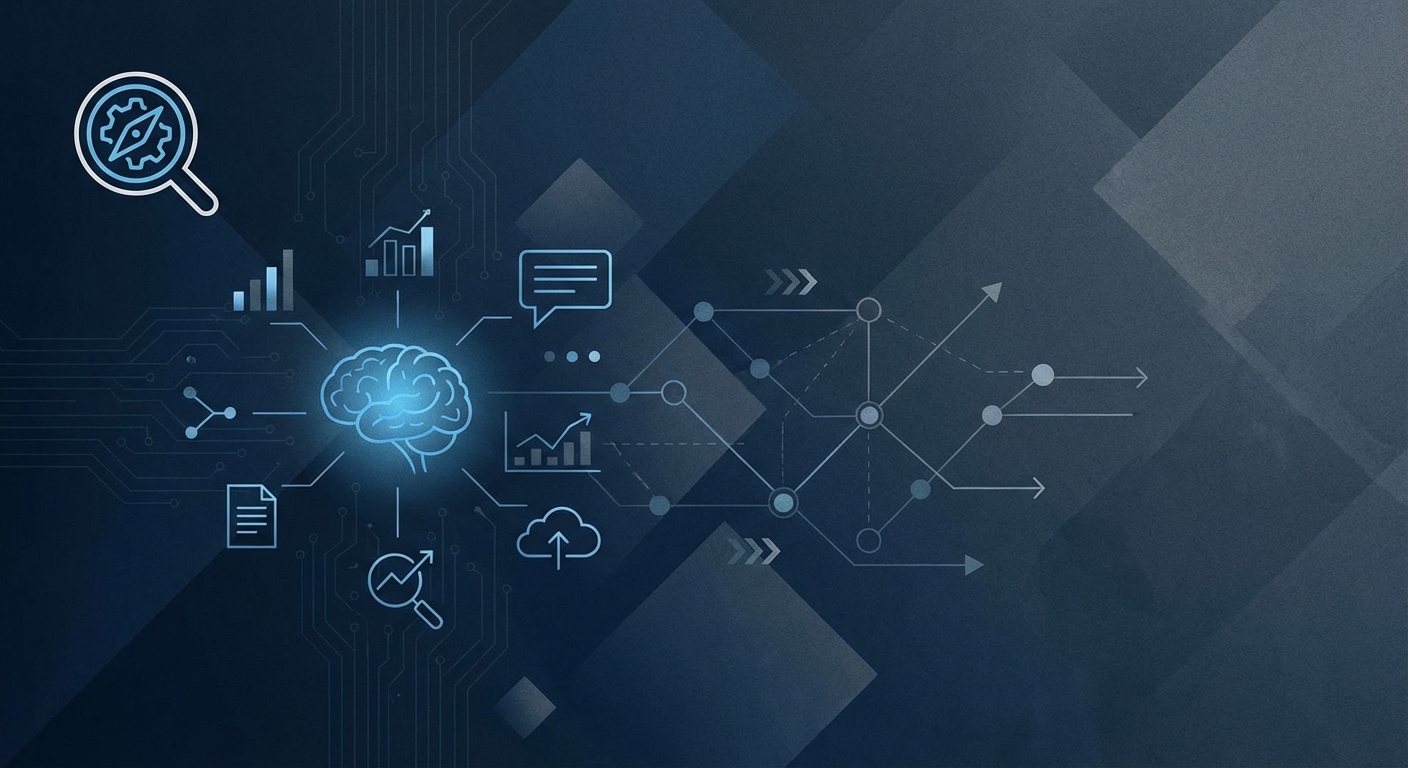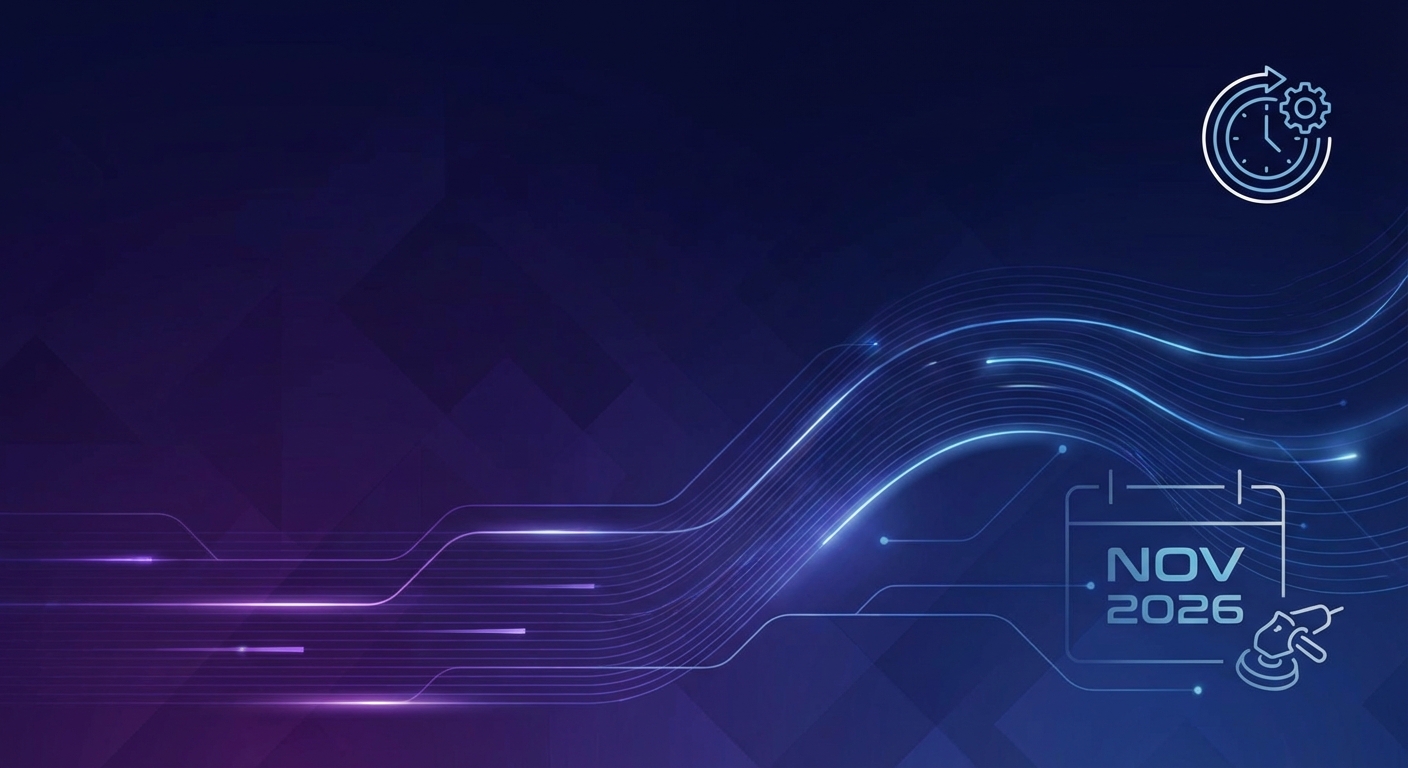The Ultimate Blueprint for AI-Powered Marketing Strategies
Building AI capabilities in-house is becoming essential for modern marketing strategies. Organizations that own their AI capabilities can execute faster and gain a strategic edge, as outsourcing often leads to dependency on outside vendors. McKinsey’s survey revealed that 92% of companies plan to increase their AI budgets within the next three years, and 78% are already using AI in at least one business function. Companies that fully integrate AI into their marketing operations can expect to see significant revenue growth and competitive advantages, as highlighted in Accenture’s findings that internally modernized processes achieve 2.5 times higher revenue growth than those relying on standard solutions.
Starting Your AI Journey
Successful AI implementation should begin with identifying bottlenecks in processes rather than investing heavily in infrastructure from the get-go. Marketers should focus on defining what KPIs they want to improve, auditing data assets for unique insights, analyzing gaps in capabilities, and rolling out AI solutions in phases. High-impact use cases include automating lead scoring and content creation.
Resources like the Ultimate Blueprint for AI in Marketing and Single Grain's AI Marketing Guide provide frameworks for mapping business outcomes effectively.
Avoiding Common Pitfalls
AI should not be treated merely as a tech initiative; it must be integrated into marketing operations where business outcomes are measured. Brady Lewis, senior director of AI Innovation at Marketri, emphasizes that many AI initiatives fail because they are misclassified as IT projects. Forming an interdepartmental AI council can help navigate this integration by involving stakeholders from marketing, sales, and IT.
Marketers should consider the strategic differences between in-house and outsourced AI to ensure they maintain control over their data and processes. Building in-house capabilities allows for customization and unique differentiation from competitors, which is crucial in today’s rapidly evolving digital landscape.
Key Benefits of AI Marketing Tools
AI marketing tools can significantly enhance various aspects of marketing, such as personalization, data analysis, and customer experience. AI algorithms analyze consumer behavior and preferences to create tailored campaigns, improving engagement and conversion rates.

Image courtesy of Single Grain
Common applications of AI in marketing include:
- Content Creation: AI tools can automate content generation, making the process faster and more efficient. Tools like GrackerAI offer SEO-optimized blogs and auto-generated content.
- Email Marketing: Hyper-personalized email strategies can be developed using AI to segment audiences based on behavior and preferences.
- Customer Segmentation: AI can help identify and analyze different customer demographics, improving targeting strategies.
AI Technologies Driving Change
Several AI technologies are transforming marketing efforts:
- Natural Language Processing (NLP): This technology interprets human conversation, enabling chatbots and automated content creation.
- Machine Learning: Allows AI systems to learn from data and improve efficiency over time.
- Predictive Analytics: Helps marketers forecast future trends and consumer behavior.
Using platforms that leverage these technologies can empower marketers to react more quickly and effectively to market changes.
Implementing AI in Your Marketing Strategy
To successfully implement AI in marketing, organizations should identify specific goals and select appropriate tools that align with their objectives. Training teams on these tools is crucial for maximizing their effectiveness. Starting with pilot projects allows for testing AI's impact before full-scale rollout.

Image courtesy of Single Grain
Call to Action
Explore how GrackerAI can automate your cybersecurity marketing through daily news, SEO-optimized blogs, and AI-driven newsletters. Start your FREE trial today and transform your marketing strategy with AI!





